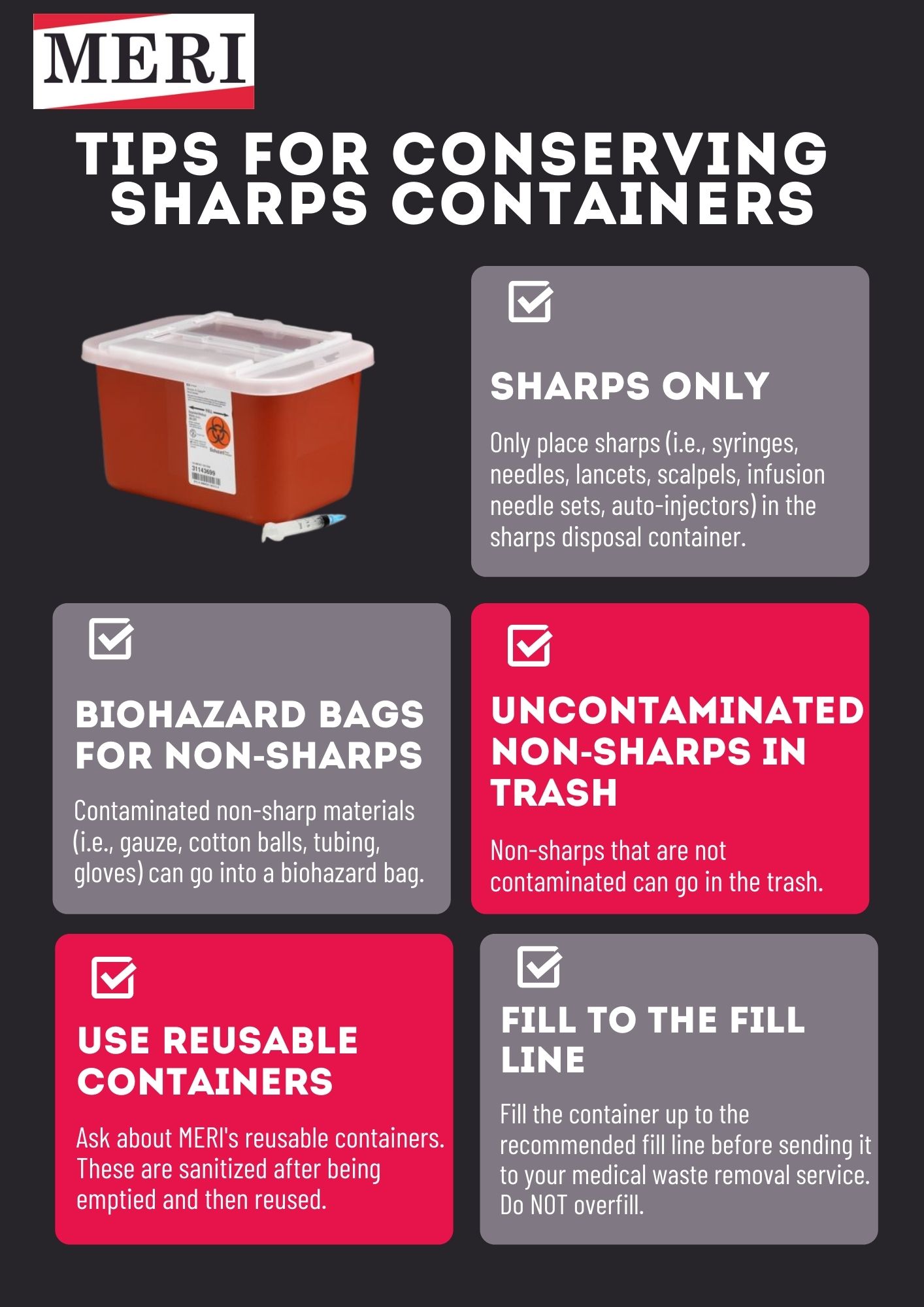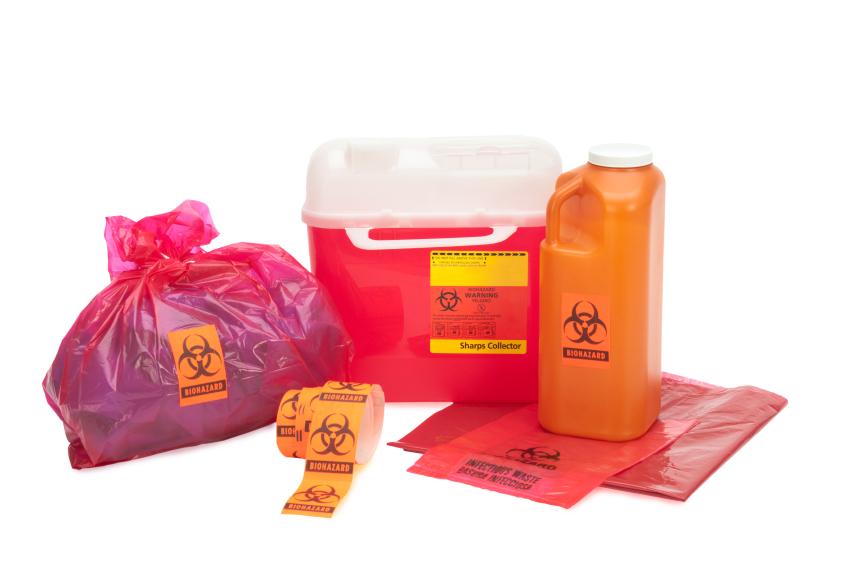Ease at Your Front Door: Situating Reliable Medical Waste Removal Near Me
Ease at Your Front Door: Situating Reliable Medical Waste Removal Near Me
Blog Article
The Relevance of Appropriate Waste Disposal Practices
The management of waste is a crucial facet of ecological stewardship that frequently goes undetected in our lives. Correct garbage disposal practices are not simply a matter of convenience however are important for safeguarding our ecosystems and public wellness. From the consequences of inappropriate waste disposal on our environment to the long-lasting effects for future generations, the relevance of adopting lasting waste management techniques can not be overemphasized. By checking out the ecological influence of reckless garbage disposal, the benefits of reusing campaigns, and the value of neighborhood engagement in waste decrease efforts, a deeper understanding of why appropriate waste disposal techniques are critical emerges.
Environmental Effect of Improper Disposal
Inappropriate disposal of waste postures a significant threat to the environment as a result of its detrimental effects on environments and human wellness. When waste is not effectively taken care of, it can lead to pollution of the air, soil, and water, triggering damage to different plant and animal types. click here. Chemicals and contaminants from incorrectly disposed waste can permeate into the ground, contaminating groundwater sources and impacting the wellness of both wild animals and human beings
In addition, the buildup of waste in landfills produces greenhouse gases like methane, contributing to climate change and global warming. Improper disposal techniques additionally cause littering, which not just deteriorates the aesthetic value of the atmosphere however can additionally damage wild animals through ingestion or entanglement.
To reduce these ecological influences, it is essential for individuals and neighborhoods to embrace appropriate garbage disposal practices such as reusing, composting, and accountable contaminated materials disposal. By taking these steps, we can help shield communities, maintain all-natural resources, and safeguard human wellness for existing and future generations.
Benefits of Recycling Programs
Consistently joining recycling programs offers numerous benefits for both the environment and culture overall. Among the essential benefits of recycling is the preservation of natural resources. By recycling products such as paper, plastic, steel, and glass, much less basic materials require to be drawn out from the earth, bring about minimized deforestation, mining, and exploration activities. This conservation of resources not just assists in maintaining environmental balance yet likewise adds to sustainable growth.
Additionally, reusing plays a vital role in minimizing power consumption and greenhouse gas discharges. The manufacturing of goods from recycled materials typically calls for less power contrasted to manufacturing from virgin resources - medical waste removal service. As a result, the carbon footprint connected with the production process is substantially lowered, aiding in the fight against climate adjustment
In addition, reusing programs create job chances in the recycling sector, advertising financial development and social welfare. By encouraging the recycling and reuse of materials, these programs support a circular economy that reduces waste generation and maximizes resource efficiency, ultimately resulting in a cleaner, greener future for generations ahead.
Contaminated Materials Monitoring Standards
Applying reliable contaminated materials management standards is important for lessening ecological and health and wellness dangers related to the incorrect disposal of hazardous materials - click here. Proper handling, treatment, and disposal of harmful waste are necessary to prevent contamination of soil, water sources, and air
One secret standard is correct labeling of unsafe waste containers to ensure safe handling and transport. In addition, facilities must stick to strict storage requirements to avoid leaks, spills, or accidents that could endanger human health and the environment. Normal training programs for staff members on contaminated materials management practices are also important to make sure compliance with policies and promote a culture of safety.
Furthermore, contaminated materials ought to be segregated based on its properties to stop chain reactions that can bring about unsafe scenarios. Applying a thorough waste radar can assist keep track of the movement of unsafe products from generation to disposal, making certain openness and accountability. By adhering to these guidelines vigilantly, markets and companies can add to a more secure and cleaner atmosphere for future and existing generations.
Community Participation in Waste Reduction
To successfully attend to the environmental and wellness risks related to contaminated materials monitoring, engaging the area in waste reduction initiatives is vital. Community participation plays an essential duty in promoting sustainable waste monitoring practices and promoting a society of environmental obligation. By enlightening residents regarding proper waste segregation, recycling, and composting strategies, communities can substantially lower the amount of waste sent to land fills, thereby lessening ecological air pollution and saving natural deposits.
Area participation in waste reduction programs likewise aids in elevating awareness about the value of waste reduction and urges people to adopt green habits in their day-to-days live - medical waste removal. Collective efforts in between local authorities, waste monitoring business, and community participants can cause the execution of effective waste reduction methods customized to the certain requirements of each area or community
Moreover, community engagement fosters a sense of possession and liability amongst citizens, equipping them to take positive steps in the direction of reducing waste generation and advertising a cleaner, much healthier atmosphere for future and present generations. By interacting in the direction of usual waste reduction goals, communities can make a considerable effect on mitigating the adverse results of inappropriate waste disposal practices.

Future of Sustainable Waste Practices
The development of sustainable waste methods is essential for progressing environmental stewardship and source preservation in the coming years. As the global populace proceeds to grow, so does the quantity of waste generated (medical waste removal). Typical garbage disposal approaches, such as landfilling and incineration, are no longer sustainable in the long-term as a result of their significant ecological influences. Moving on, the future of lasting waste techniques exists in embracing a round economic climate approach, where resources are reused, recycled, or repurposed to lessen waste generation.
Technical advancements play a key duty in forming the future of sustainable waste practices. Advanced waste sorting and recycling technologies can assist enhance the efficiency of waste management processes, enabling the healing of useful resources from waste streams. Additionally, the adoption of naturally degradable products and composting methods can help reduce the quantity of natural waste finishing up in garbage dumps, consequently alleviating greenhouse gas emissions.
Moreover, promoting consumer awareness and education and learning on correct waste partition and disposal methods is necessary for driving behavior adjustment in the direction of sustainability. By promoting a culture of waste reduction, reuse, and recycling, communities can collectively add to a cleaner and much healthier atmosphere for future generations.

Final Thought
To conclude, appropriate garbage disposal methods are important for lessening environmental influence and promoting sustainability. By applying recycling programs, handling hazardous waste correctly, and motivating area involvement in waste decrease efforts, we can function in the direction of a cleaner and much healthier environment. It is crucial for people, governments, and businesses to focus on lasting waste techniques for the future health of our earth.

From the repercussions of improper waste disposal on our environment to the long-term implications for future generations, the importance of adopting sustainable waste monitoring techniques can not be overemphasized. By checking out the ecological impact of careless waste disposal, the benefits of reusing campaigns, and the value of neighborhood engagement in waste reduction efforts, a much deeper understanding of why correct waste disposal techniques are critical arises.
By informing residents concerning proper waste partition, reusing, and composting methods, communities can dramatically lower the amount of waste sent out to land fills, thus reducing environmental pollution and Visit Website preserving natural sources. (click here)
Moving onward, the future of lasting waste techniques exists in welcoming a round economy approach, where resources are reused, recycled, or repurposed to minimize waste generation.
Advanced waste sorting and recycling technologies can help improve the efficiency of waste management procedures, permitting for the healing of important resources from waste streams.
Report this page